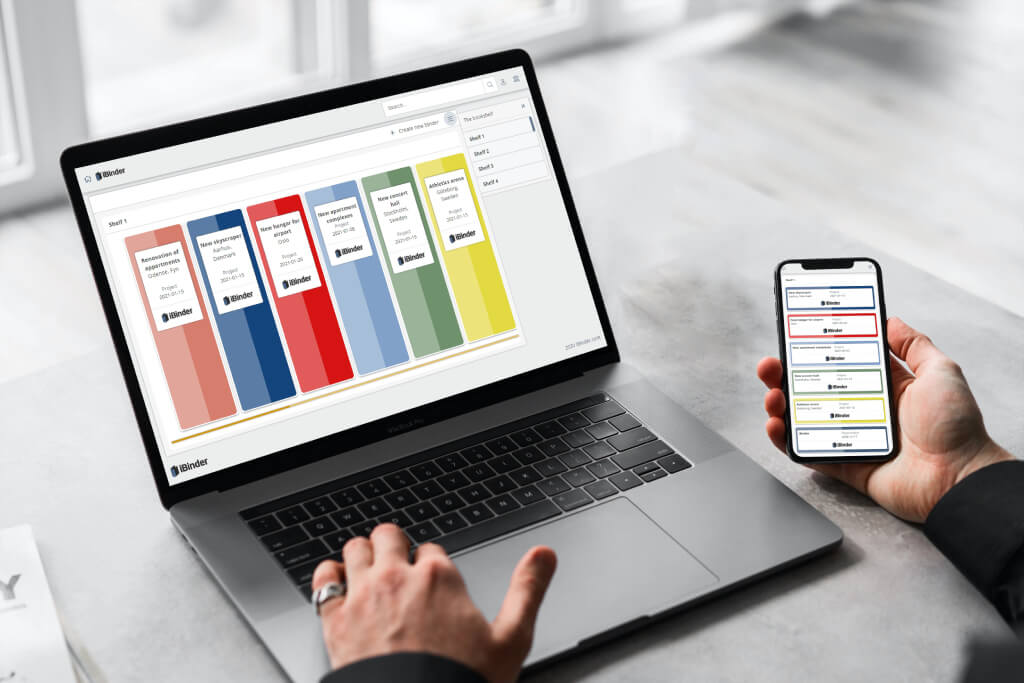Sustainable procurement in practice: Embedding ESG into tenders
Procurement plays a defining role in a construction project’s environmental and social impact.

While traditional tendering focused primarily on price and timelines, today's project owners and contractors are increasingly required to consider Environmental, Social, and Governance (ESG) factors in their procurement processes. This shift is driven not only by EU regulations but also by client expectations, investor due diligence, and a broader commitment to sustainable development.
Construction accounts for approximately 50% of material use and waste generation in Europe. Decisions made during the procurement phase—what materials to use, which suppliers to engage, and what sustainability criteria to apply—can determine whether a project supports or undermines ESG goals.
Why ESG in procurement matters
The inclusion of ESG criteria in procurement is no longer a niche practice—it’s becoming standard. EU directives on public procurement now emphasise life-cycle cost, carbon footprint, labour conditions, and the circularity of materials. Clients, especially in the public sector, are embedding these criteria into tender scoring, rewarding bidders that demonstrate ESG leadership.
For private developers and construction firms, ESG-compliant procurement reduces long-term operational risk, enhances project value, and supports brand reputation. It’s also increasingly demanded by financial institutions as a condition for green funding.
Sustainable procurement in practice
A sustainable procurement strategy considers the entire lifecycle of materials and services. It starts with pre-qualification documents and carries through contract execution. Key components include:
- Selecting materials with Environmental Product Declarations (EPDs)
- Choosing suppliers with ethical labour and environmental practices
- Prioritising local sourcing to reduce transport emissions
- Including CO₂ thresholds in bid specifications
- Mandating take-back schemes or circular construction options
Digital tools help enforce these practices by providing structured templates, audit-ready records, and consistent tracking of ESG credentials.
Tendering with ESG in mind
To integrate ESG into your tendering process, consider the following steps:
- Define clear ESG criteria in your Requests for Proposal (RFPs)
- Require suppliers to submit documentation such as sustainability certifications, EPDs, or GRI-compliant reports
- Score bids based on a weighted matrix that includes ESG factors
- Use standardised digital platforms to evaluate, document, and store bid responses
Doing this manually can be time-consuming and inconsistent. A digital tendering tool with ESG-ready workflows can improve consistency, fairness, and transparency.
The benefits of ESG-aligned procurement
Embedding ESG into procurement drives benefits across the project lifecycle:
- Improved environmental performance
- Reduced reputational and regulatory risk
- Stronger relationships with clients and communities
- Higher resilience in supply chains
- Better project outcomes due to higher-quality materials and ethical practices
Moreover, organisations that adopt ESG criteria in procurement are often more innovative and adaptable—qualities that are critical in today’s fast-changing regulatory landscape.
Boost your internal capabilities
Sustainable procurement is not just a policy—it’s a capability. Construction firms must invest in staff training, ESG reporting tools, and partnerships with compliant suppliers. Procurement teams need access to consistent, centralised data to evaluate vendor performance over time. Having a digital system that supports documentation, communication, and compliance can be the difference between meeting ESG goals and missing them entirely.
Sources
- - European Construction Sector Observatory: https://single-market-economy.ec.europa.eu/sectors/construction/observatory_en
- - European Commission – Green Public Procurement: https://single-market-economy.ec.europa.eu/sectors/construction/observatory_en
- - CEN Standards on Sustainable Procurement: https://www.cencenelec.eu/
Why Choose iBinder
-
When setting up a tender in iBinder, users can use standardized templates that include sustainability documentation (e.g., environmental product declarations, CO₂ data).
-
Storage of supplier documentation and certifications is centralised
-
Suppliers and bidders can ask questions, clarify ESG criteria, and get answers within the platform
-
Transparent records for internal reviews and external audits

How iBinder works
iBinder is a cloud-based platform that helps the construction and real estate industry better manage information and documentation about their properties.
